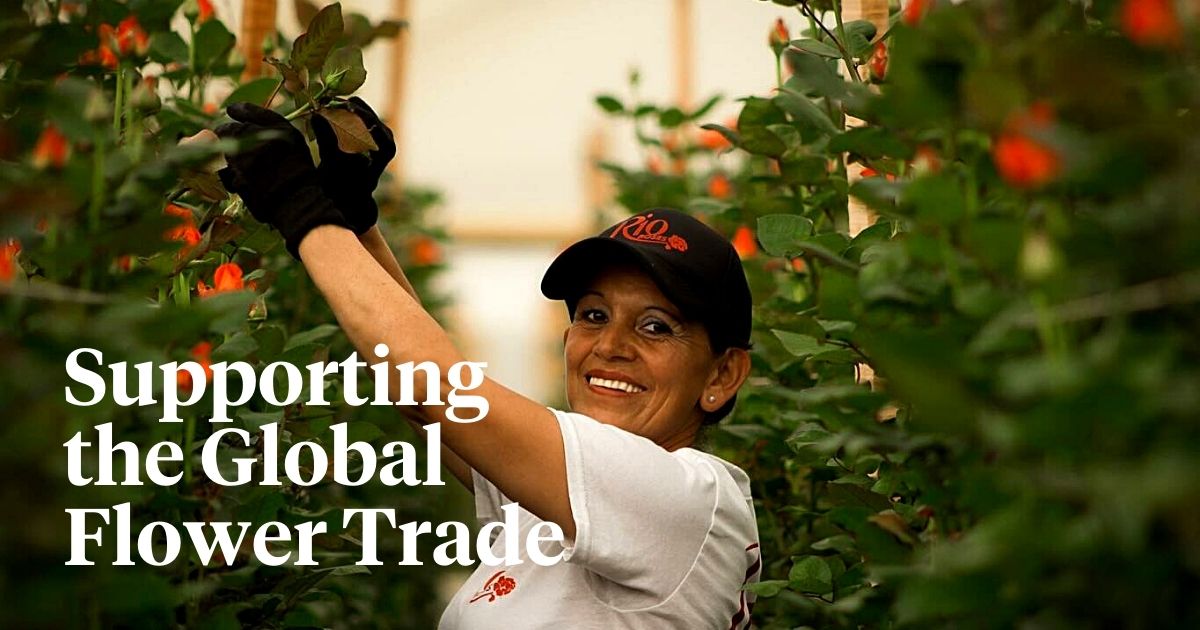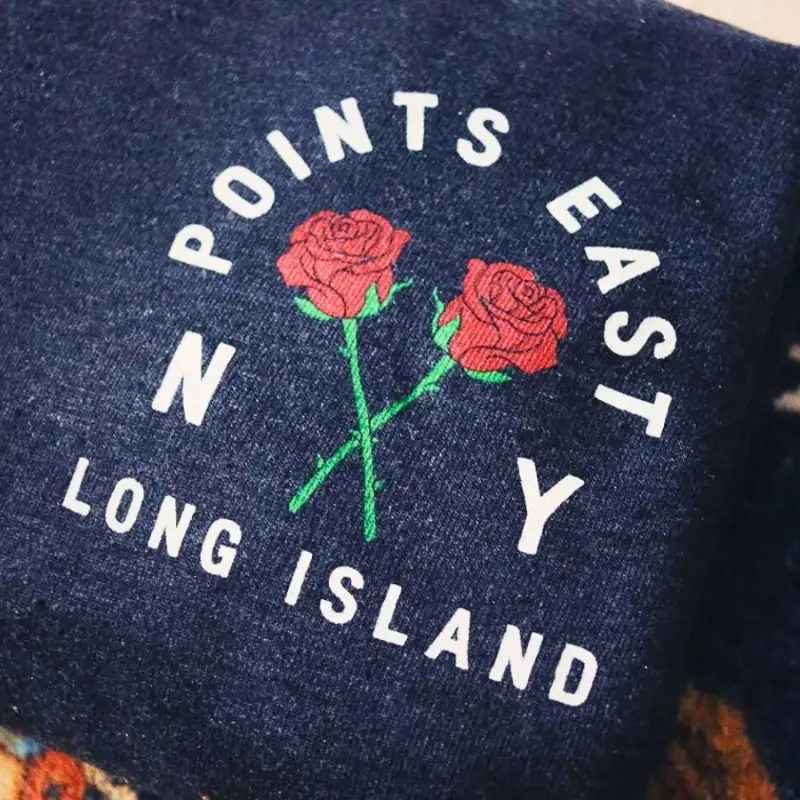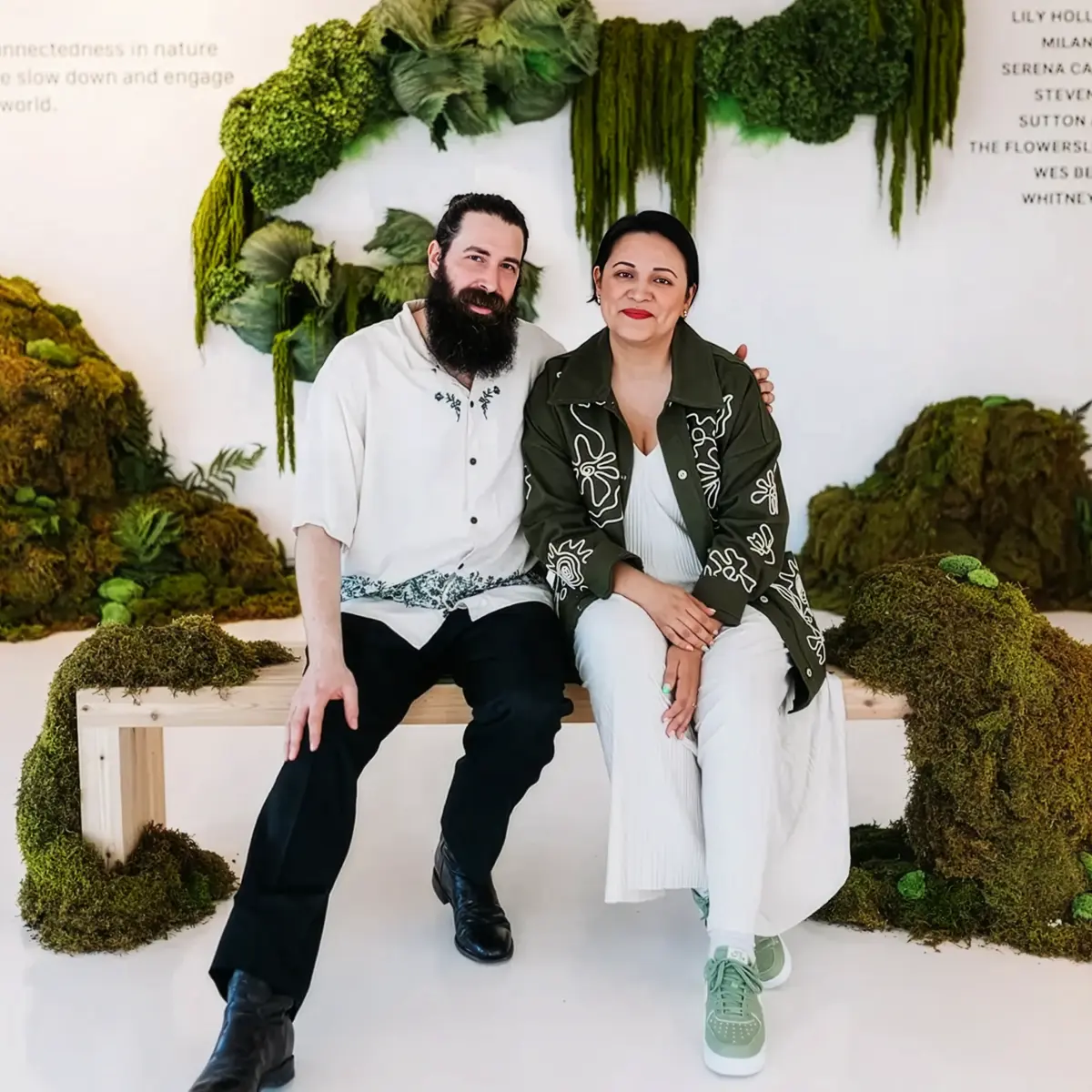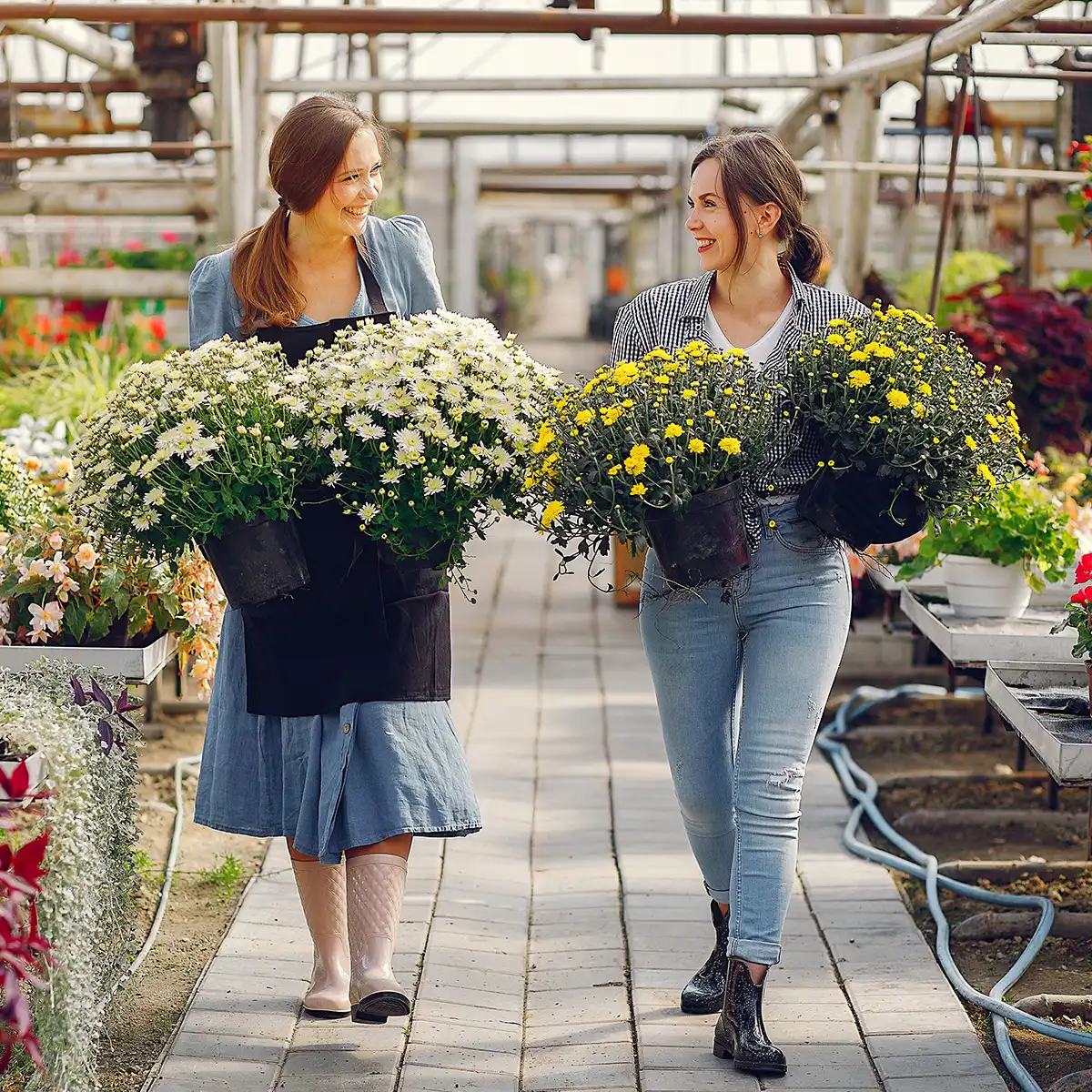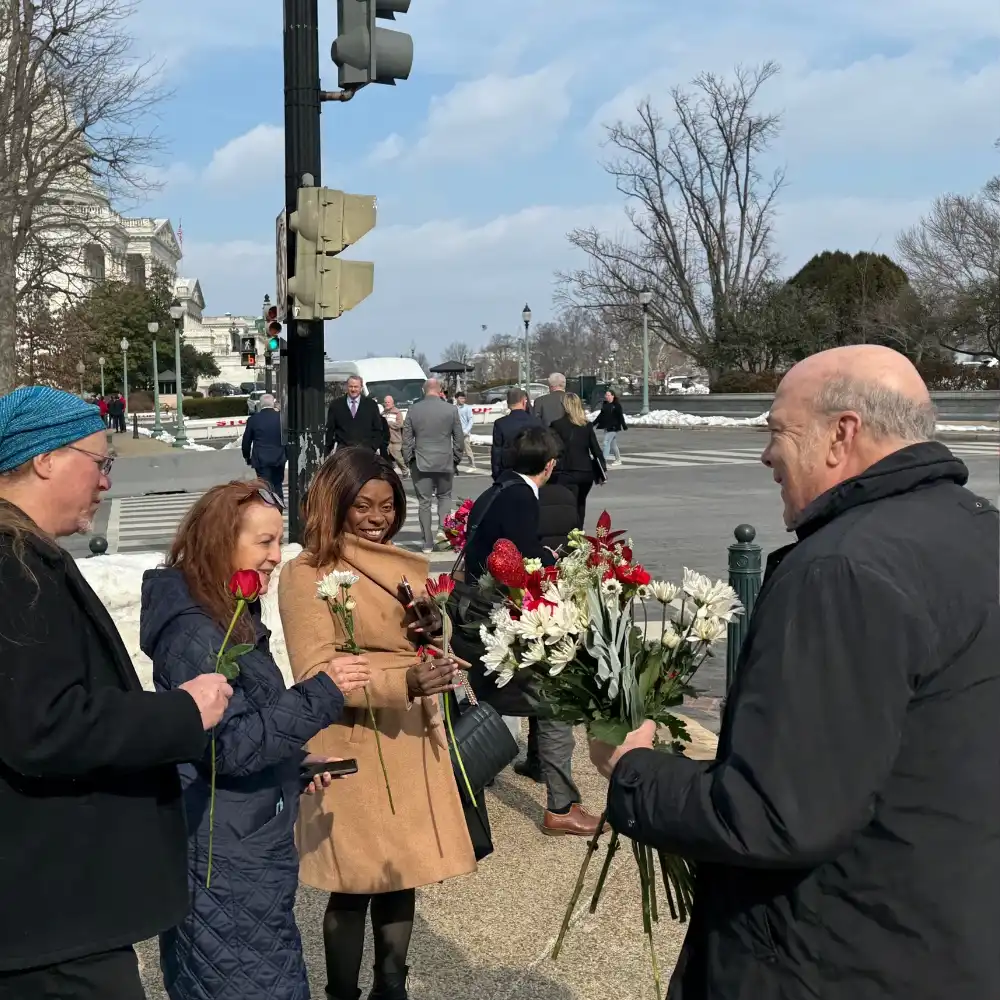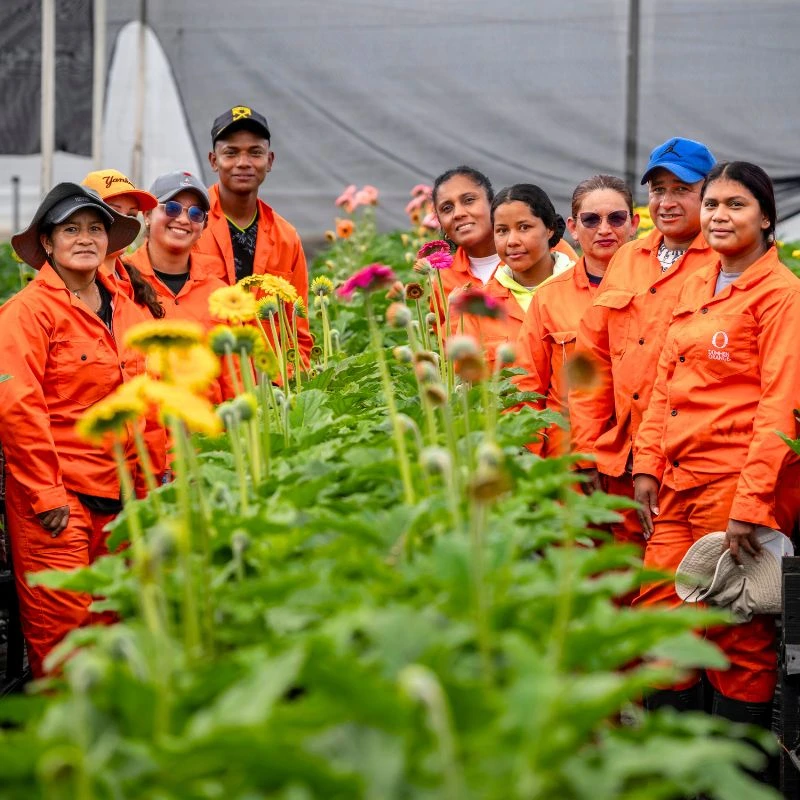The French Federation of Florist Artisans — in France called Fédération Française des Artisans Fleuristes or FFAF — a professional organization that works with florist artisans and flower traders has spoken against the notion of disparaging flower imports from countries including Colombia, Ecuador, and Kenya, among others, based on the perception that these flowers’ production processes have negative ecological impacts.
FFAF said in a statement that ‘rose bashing’ — denigrating of roses — and especially the ‘greenwashing’ of the flower industry by a few experts whose studies on rose cultivation and its negative impact are still awaiting publication, tend to mislead consumers and therefore harmful to the global cut flower industry as a whole.
It Is Not Reasonable to Criticize Roses Imported From Abroad
Farell Legendre, the President of the FFAF noted that such information, delivered without any contradiction on the part of real specialists, may be distorted and hence damaging to the flower industry, and the floristry trade.
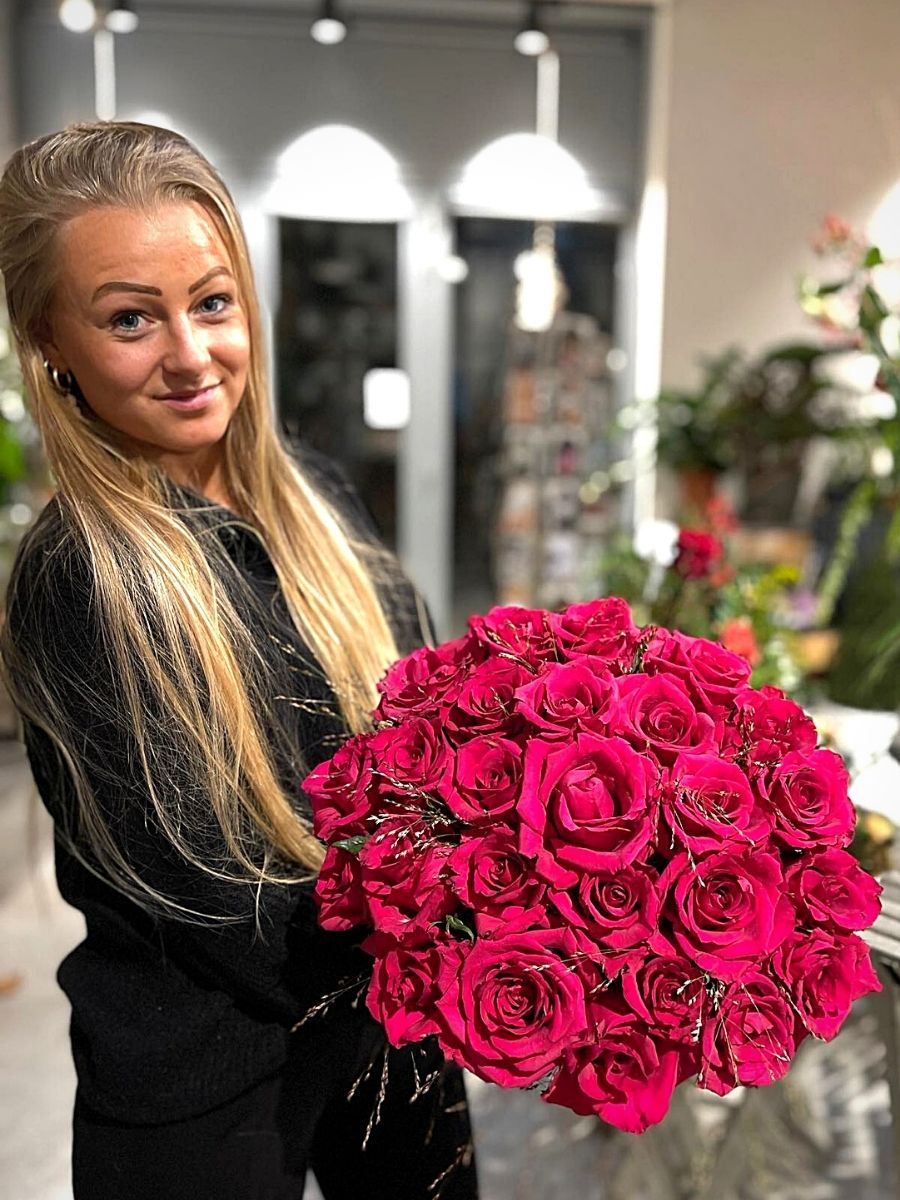
Photo by @decofreshroses.
The flower sector, he added, is working hard to significantly increase local production, in order to offer customers a wider choice of local and seasonal flowers that are produced in healthy, environmentally friendly conditions, in the context of the necessary adaptation to climate change. And that it is, therefore, not sensible to condemn roses imported from abroad solely based on the distance between the point of sale and the point of production, or any such reason.
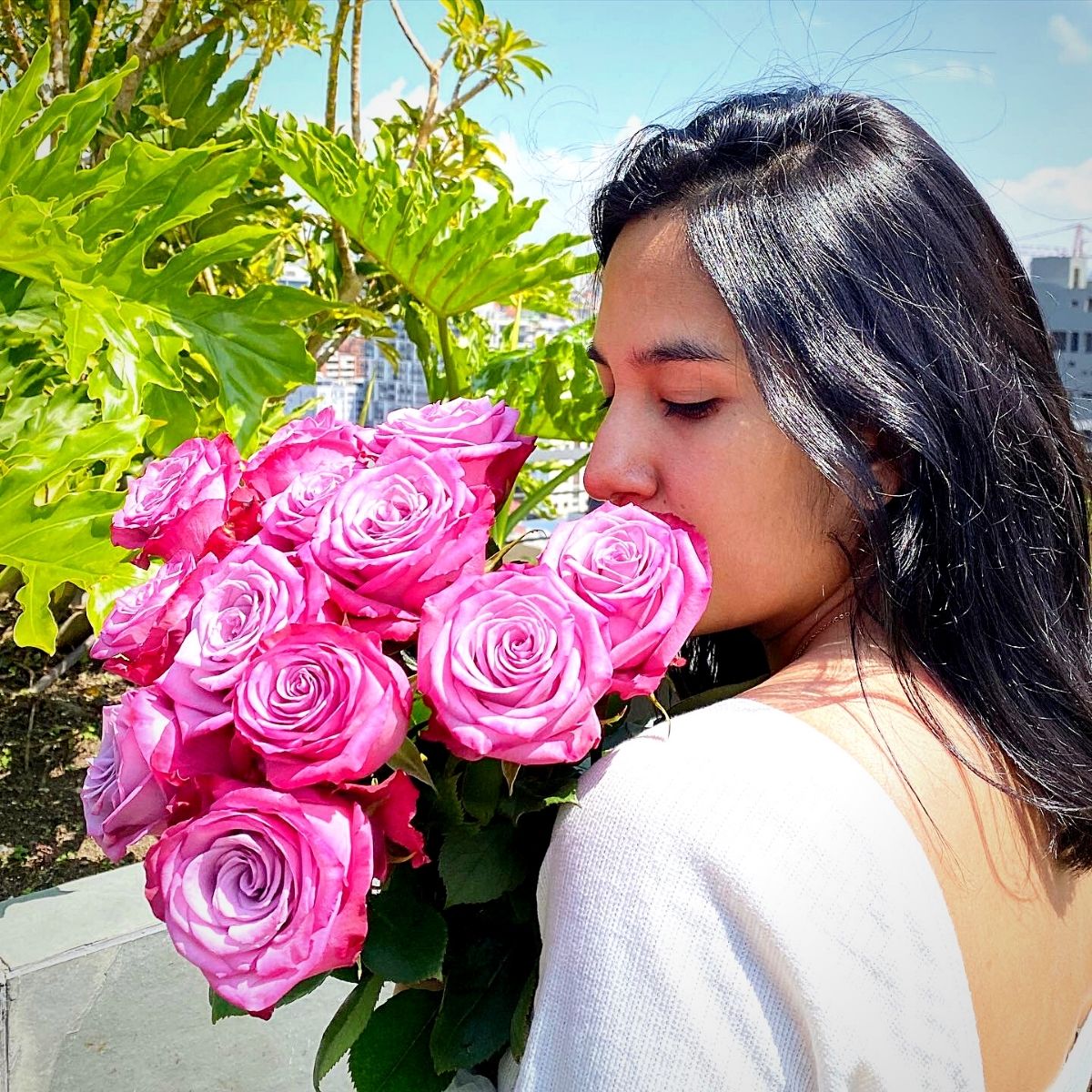
Farell Legendre:
“In recent years, it has become a recurring theme [as Valentine's Day approaches]. Here and there, the so-called ‘experts,’ often self-proclaimed, engage in media campaigns to denounce consumers' purchasing roses from Colombia, Ecuador, or Kenya.
Such purchases are often deemed environmentally irresponsible. Even worse, they could be dangerous to the health of both the florist and the consumer due to the treatments the flowers would undergo. Therefore, the recommendation is to exclusively buy local flowers.”
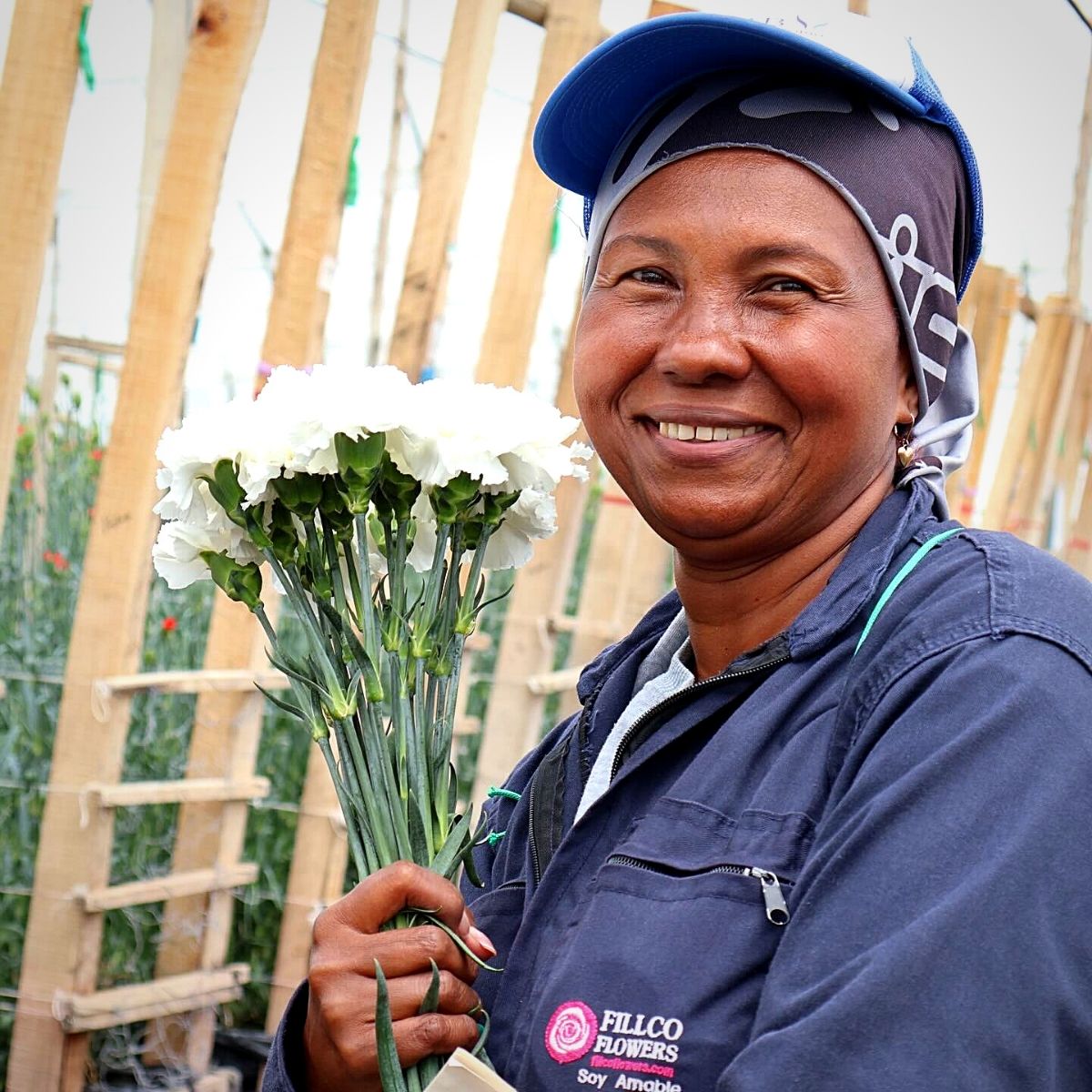
Even so, according to Mr. Legendre, the fact remains that French production [of flowers] currently represents just over 10% of flower sales, making the whole rose-bashing idea misplaced. FFAF, which incorporates over 25,000 business owners and employees, and brings together regional and departmental trade associations, as well as members of the National Union of Independent Florists (SNFI), would therefore not consider going against the sale of imported flowers.
Flowers Grown in Natural Environments
A significant percentage of flowers from Kenya, Colombia, or Ecuador, according to Mr. Legendre, are grown in natural environments that require little to no energy, in farms that have adopted virtuous charters regarding Corporate Social Responsibility (CSR) and environmental responsibility.
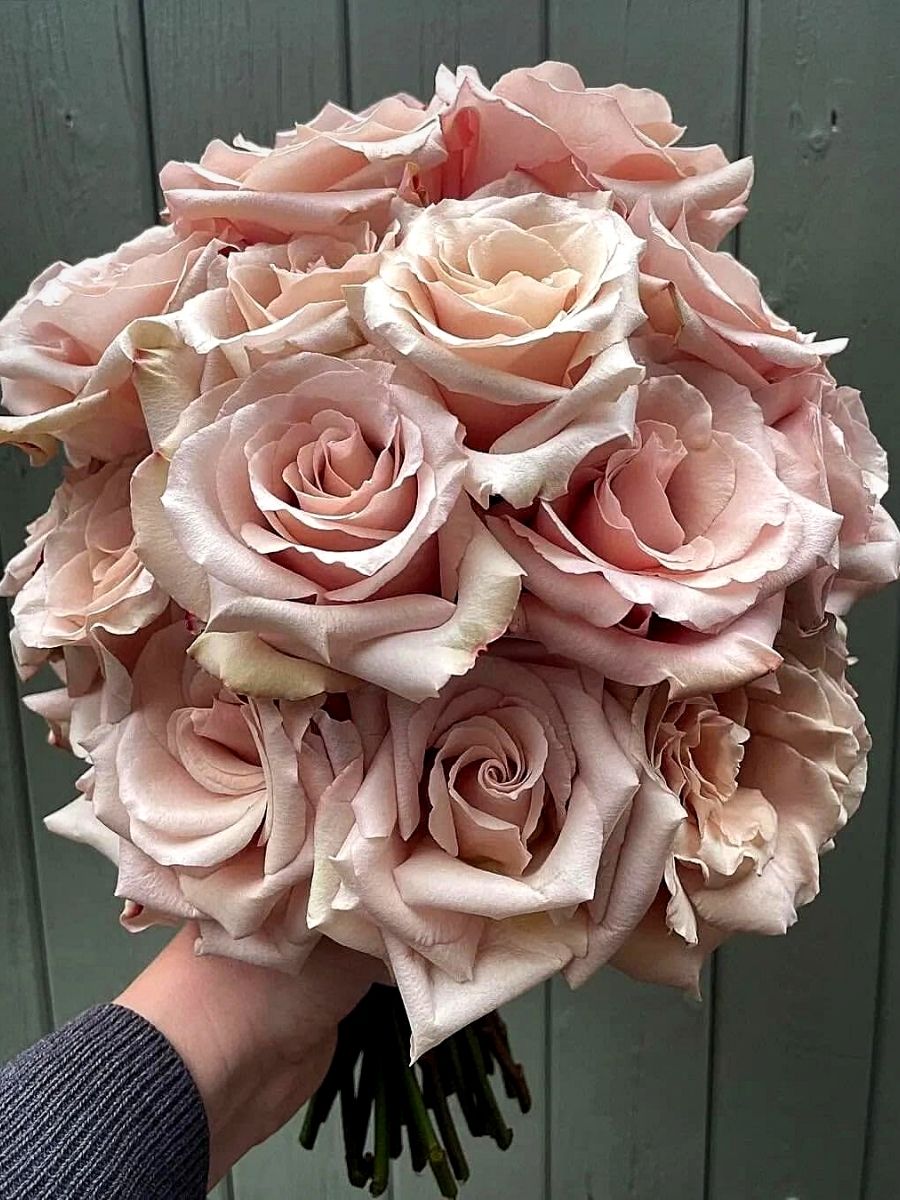
As a matter of fact, practically all the farms dealing in flower production for export purposes are carbon-neutral certified, and governed by their respective countries' established institutions that ensure compliance with global flower production requirements and codes of ethics.
On the contrary - although not always the case - some flowers produced in European greenhouses may also require significant energy consumption such as through lighting and heating. And under such circumstances, it would be prudent to cease ill-treating flowers and florists by perpetuating an overly simplistic view that only partially reflects reality.
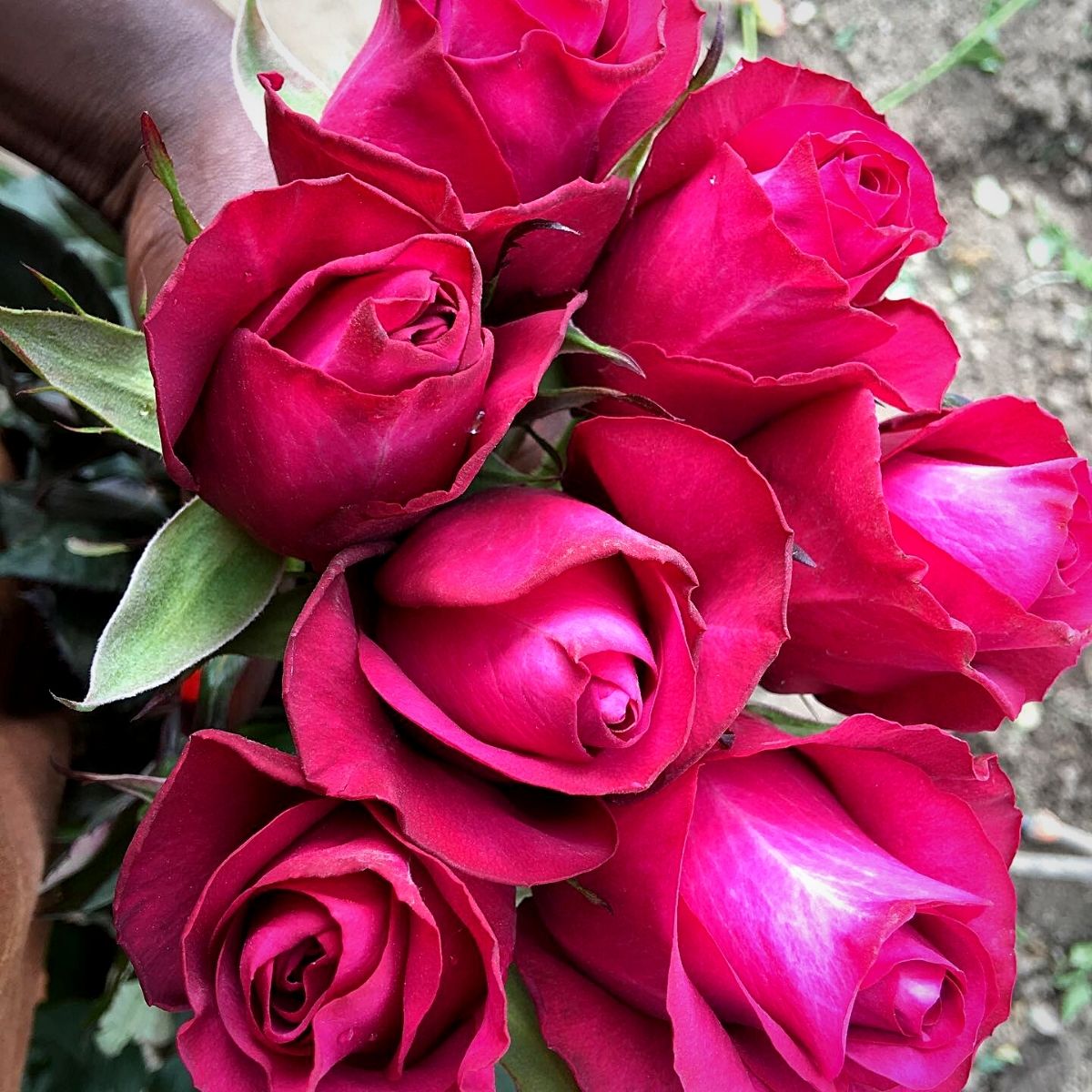
Photo by @riftvalleyroses
Farel Legendre:
“Who today dares to make such remarks about the sale of chocolate made from cocoa from Ghana or Ivory Coast? Florist artisans know their trade and the products they offer to their customers. They are the best ambassadors to advise and guide them towards sustainable, environmentally friendly flowers, sharing their passion, skills, and expertise.”
Flower Imports Are Essential to Keep Local Businesses Alive
In concurrence with the move by FFAF, Nicolas Fichu, a florist at Coccinelle, a floral design enterprise with several flower shops in different localities across France, noted that yes, [flower] imports are essential to keep the local businesses alive. And no, florists are not irresponsible people who only think about selling products full of phytochemicals banned in Europe.
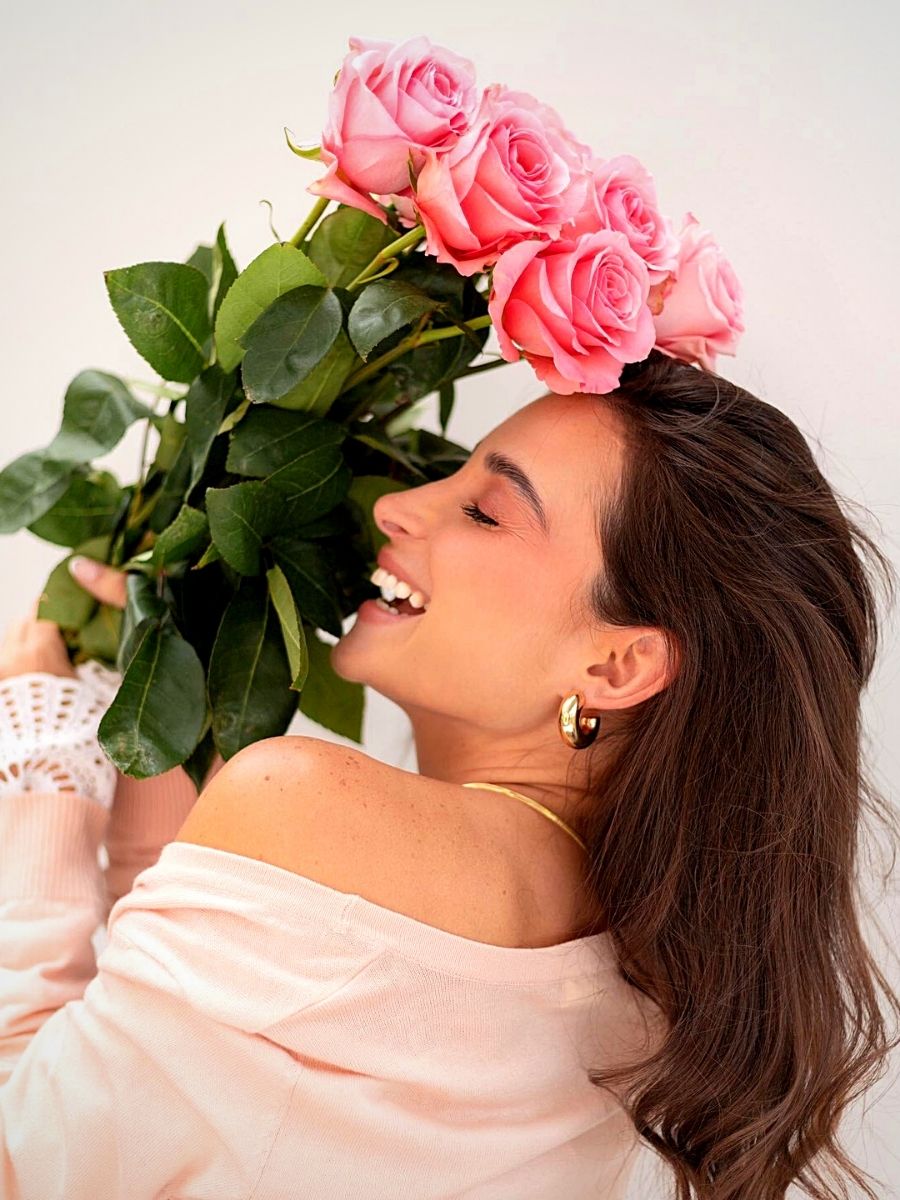
Nicolas Fichu:
“On the other hand, ask yourself where the [Valentine's Day] rose bouquets costing € 6.90 come from, to your supermarkets. Offering you beautiful flowers, highlighting them in compositions that work according to the rules of the art, and respecting proportion, color, and other production factors, is what makes our team tick. Whether they are seasonal and from labeled crops, flowers are and will remain the product that conveys emotions.”
Roses and other flowers are essentially the engine that drives the global flower industry. Flower imports from countries that are rich in the production of these flowers are an equally important element in the floristry trade. They deliver sustainably produced flowers to the local florists.
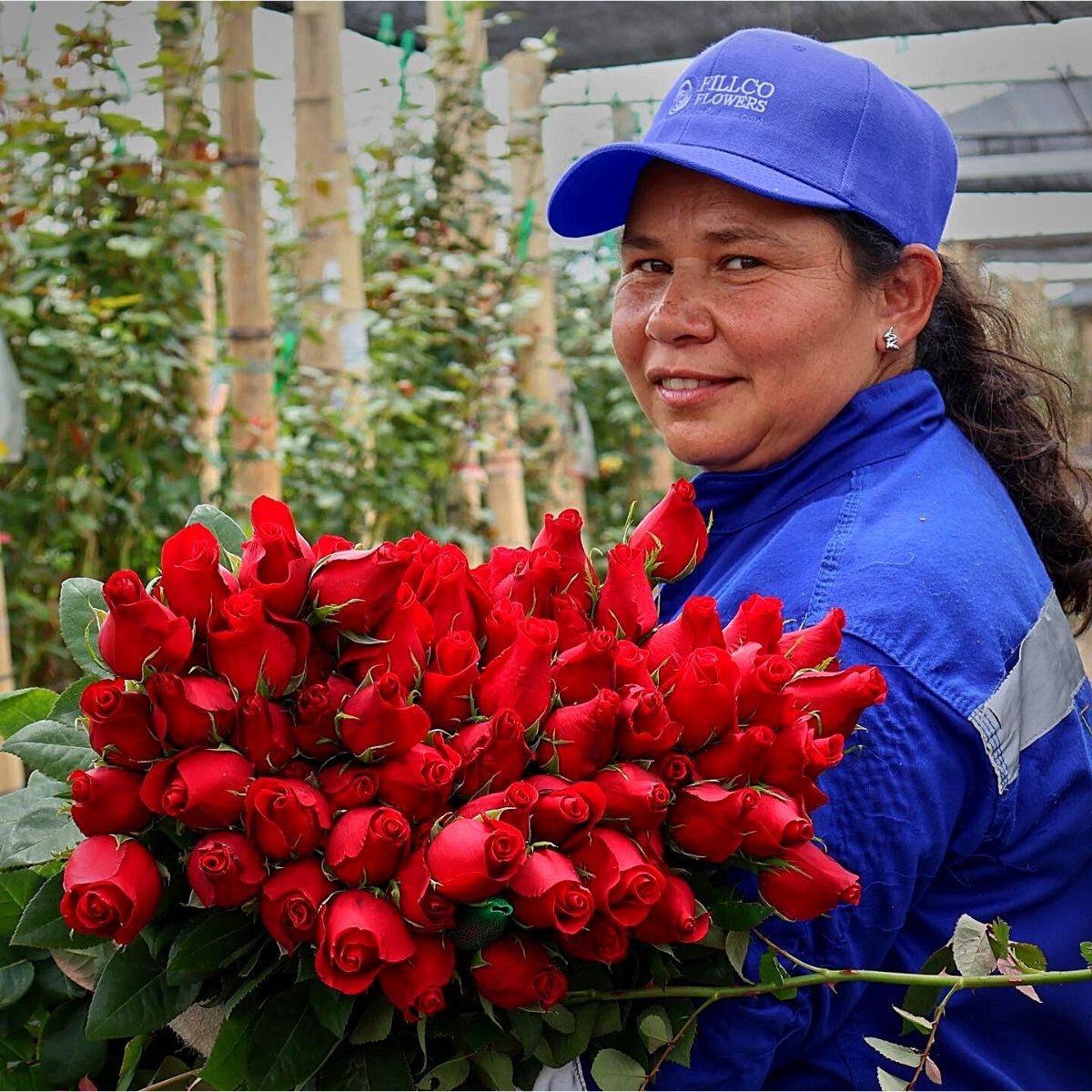
Farell Legendre:
“Whether it is roses, the eternal symbol of love, or seasonal flowers such as anemones, ranunculus, camellias, or tulips, consumers can trust their local florists, who will go along with them in sharing and expressing their emotions and feelings.”

Feature image by @pontetresaroses, header image by @rio_roses.

